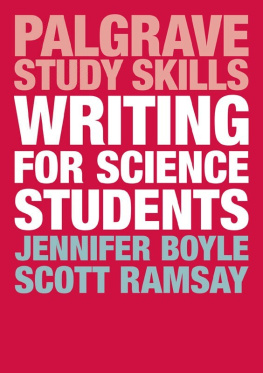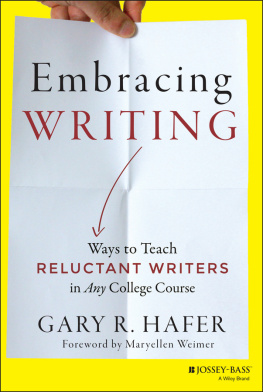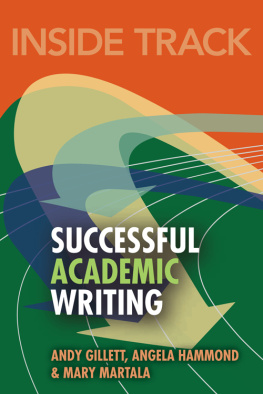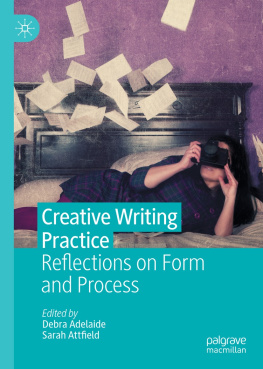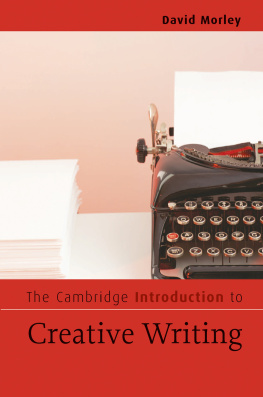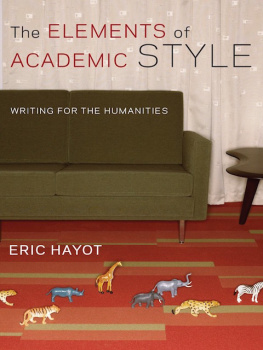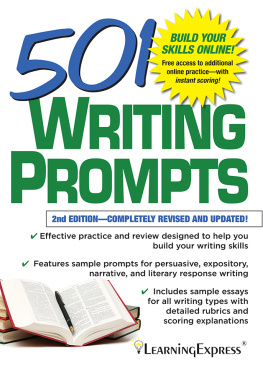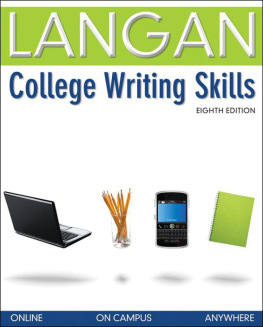Eric D. Barreto
There is no way around it. Writing is hard, hard work.
As much as we like to romanticize the author and her craft, writing is anything but easy. Even if you are sitting in a beautiful cabin near a placid lake on a beautiful fall day, writing is difficult. Even if you are surrounded by brilliant books in a university library, writing is laborious. Even if you are sitting at a wooden desk and your hand is holding an exquisitely designed fountain pen, writing is a job. Even if you have a powerful tablet and a steaming cup of coffee before you, writing will not just happen without the sweat of your brow and maybe even a few tears along the way.
There are no muses who will inspire you. There is no magic to writing but sitting and writing until the work is done or at least mostly done.
But, trust me, it is not all bad news. That hard, hard work is both necessary and vital to your ministry.
Writing is hard work. And yet so many of us cant help but write. And when we write well, we discover delight. When we can communicate our ideas clearly and persuasively and passionately, we answer the high call to be proclaimers of the good news of Jesus Christ. When we write in a way that shifts someones perspective from death to life, from hatred to love, from fear to hope, we join a long chorus of witnesses to Gods grace for us all.
Writing is labor and joy, difficulty and delight. You could move through your seminary years dreading all the writing you will do. You could see these assignments as obstacles along the path to ministry. You could see weekly sermons and church newsletters as unending burdens. You could see writing as a necessary but burdensome part of your call.
But there is another possibility.
This book hopes to give you a theological vision for your writing. Yes, writing is hard work. Yes, writing can keep us awake at night. Yes, writing can cause more gray hairs to crop up. But writing is also one of the most potent ways we can help cast a vision for a community seeking a way to serve God and neighbor. Writing is one of Gods invitations to participate in Gods never-ending reign, right here, right now.
The essays in this book are honest about the difficulties of writing, but they also invite you to a spirituality and theology of writing that can nurture and sustain you both in seminary and during a lifetime of ministry. In this book, we confess that, ultimately, writing is not just human activity but a stunning way in which God speaks still today.
To be clear, Im not saying that everything you and I write are the very words of God. Were not just dictating divine declamations. Instead, writing requires us to be students of God, Gods word, Gods people, and Gods world. A writer listens as much as she writes, reads as much as she composes, lives as much as she declaims.
In this book, a group of thoughtful theologians and scholars condense their wisdom and experiences for you, the potential or new student of theology. You are at the cusp of a life-changing journey of faith and study. You will not emerge the same from these years of formative study. Moreover, the people you will one day serve will change you and form you. Writing is an indispensable way that you can participate and reflect upon these changes in your own life. Writing can help you respond and contribute to communities of learning and faith whether at your theological school or in the communities you will serve.



